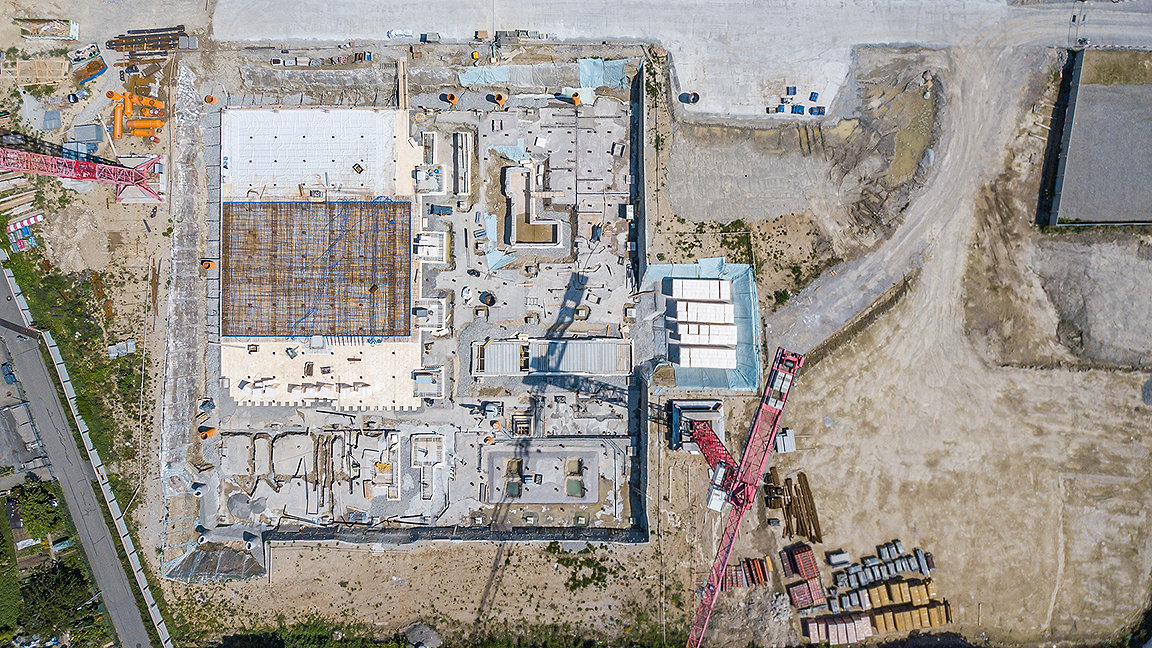
Throughout 2022, Construction Journal has published a range of articles to support members when facing the biggest issues of today – climate change, diversity and inclusion, and attracting and retaining talent in the construction workforce.
Among the highlights of our industry coverage are the following articles.
Standard enables consistent carbon reporting
Climate change is the biggest issue facing the construction industry – and indeed all others – this decade. Yet efforts to reduce carbon emissions require better and more comprehensive reporting systems.
ICMS 3, published in November 2021, introduced carbon reporting to the existing cost management tool, allowing surveyors to calculate embodied and operational carbon at an early stage in construction. The standard enables surveyors to identify and compare the carbon emissions from different materials and resources, in addition to carrying out the capital and life-cycle costing that previous editions of ICMS enabled. It bridges the gap between disciplines, markets and users, so there can be a single method of comparison across sectors.
Construction Journal's coverage of the standard last February was penned by Alan Muse, the head of construction standards at RICS. Alan has recently retired, so we wish him well and thank him for his services to the institution and the profession.

'ICMS 3 marks the first attempt to devise a common, standardised system for measuring carbon on construction projects'
Initiative promotes climate-aligned contracts
Another way in which industry practice is responding to climate change is through dedicated contract provisions.
The Chancery Lane Project – which we covered in August with an article from project associate Josh van den Dries – has brought together experts from various fields to produce open-access clauses for construction contracts that give professionals practical targets to help them meet net-zero emission goals. It also fosters confidence that the clauses are suitable to work in tandem with established contract types such as JCT Design and Build.
Instead of waiting for legislation to force companies to make reductions through regulation, the clauses encourage professionals to make proactive changes through their day-to-day operations.
'Companies can encourage stakeholders to help realise their climate goals by making them part of their contractual relationship'
Firm offers insight into fostering inclusive workplace
Another issue high on the industry's agenda is diversity, and in her July article Sarah Draper of Rider Levett Bucknall (RLB) provided an example of the way construction companies can embed inclusive practices through a combination of benchmarking, training and development.
The article covered the initiatives that RLB has itself introduced, which have had a positive impact on the lives of employees and the company itself. The dedication to benchmarking important data and using employee surveys to take effective action on gender and ethnicity pay gaps assures employees that their employer has their best interests at heart.

'We need to change things one step at a time and be mindful that it may take several years'
From surveying to project monitoring
Not only do surveyors come from a variety of backgrounds, they also interact with individuals from a wide range of disciplines and careers on a daily basis. Some of those careers require totally different training, while others such as project monitoring might make a suitable way for many of our members to specialise.
In her October article, Rebecca Jermy MRICS walked us down her career path from building surveyor to project monitor. She explained how her surveying experience was a positive asset when she decided to make the transition into monitoring, helping her to see both sides of a project and enabling her to give valuable insights to her clients.
'Effective interpersonal skills are an essential part of the project monitor's job'
Publication of Construction Journal resumes in the new year, when we will continue our coverage of these and other topics, including insolvency, new procurement decision tools, and data security.
